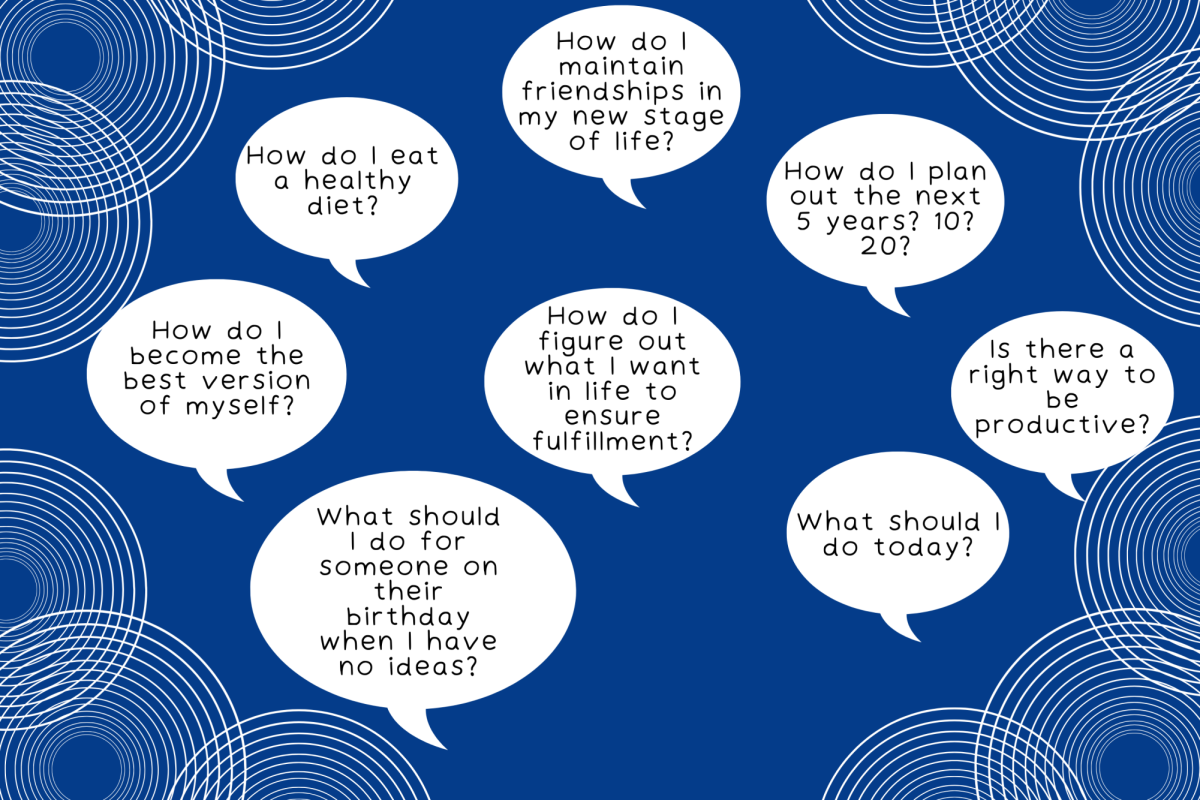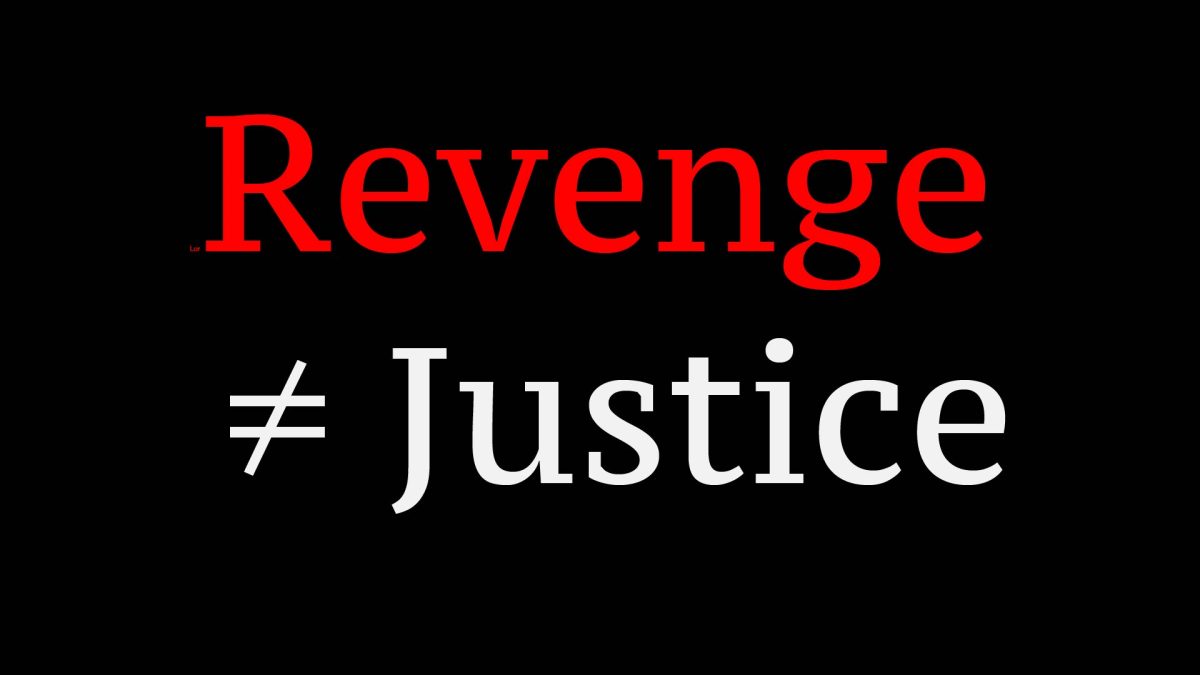I’m standing in front of the shampoo and conditioner aisle at my local CVS. Pacing back and forth, I survey the many brands and types of shampoo available. Do I want a shampoo that smells like coconut or cherry blossom? Perhaps I should pick from the unscented options to my left. Should I choose the “moisturizing” or “everyday” shampoo? Does it matter? Accepting my defeat, I exit the hair care aisle and walk in the general direction of the checkout line without any shampoo.
If you have experienced a situation resembling my shampoo dilemma, you’re not alone. It can be exhausting to live in a world with endless options, especially when competing brands have become normalized in our society and in American culture. But how many decisions do we make in one day?
According to Harvard Business Review, the average adult makes upward of 35,000 remotely conscious decisions per day. And when we make these decisions, we use up our mental energy. This is why we tend to make poorer decisions at the end of the day.
The National Institutes of Health calls this phenomenon decision fatigue — “the impaired ability to make decisions and control behavior as a consequence of repeated acts of decision-making.” Decisions of higher complexity can also decrease a person’s energy levels even more quickly.
The decisions you have to make during your daily life could be as small as picking from shampoo brands to selecting which colleges you want to apply to. In many cases, marketers often make it very difficult to distinguish between products and the schools themselves. Speaking from personal experience, it can be easy to be swayed by the marketing of a product rather than the quality of a product, making basic decisions overly exhausting.
Everyday examples of decision fatigue include feeling overwhelmed and exhausted by the number of decisions you have to make when grocery shopping, or being more likely to buy the candy placed conveniently at the checkout counter. In fact, marketers can strategically capitalize on human psychology; they understand that the longer we spend in the store, the less energy and willpower we have, and therefore the more likely we will buy more stuff placed towards the end of our shopping trip.
As described by a New York Times article, decision fatigue involves a phenomenon called ego depletion. Coined by Roy F. Baumeister, a social psychologist, the concept of ego depletion connects to Freud’s hypothesis that the ego (or the self) relies on “mental activities involving the transfer of energy.” While some of his ideas relating to this hypothesis were incorrect, Baumeister’s research suggested that we do indeed have a finite amount of willpower, or psychological energy, to exercise self-control in decisions.
It seems there is often a negative correlation between how many decisions we make and our ability to make smart decisions. So what can we do to reduce our decision fatigue?
Conserve our mental energy. To make smart, intentional decisions, we can save our willpower and decision energy for the most important things in our lives by automating parts of our routines.
I appreciate Archer’s uniform policy for this reason. Instead of using up some of my mental energy to put together an outfit for the day, I only need to reach for one of my uniforms.
Former President Obama did something similar. To reduce the number of insignificant decisions he made while president, he only wore blue and gray suits, stating, “You need to focus your decision-making energy. You need to routinize yourself.” Steve Jobs and Mark Zuckerberg also wore the same clothes in an effort to make smarter decisions throughout their day.
In my own life, I have found that eliminating small or trivial decisions has helped me preserve my mental energy for things like learning and how I react to things.
While I partially disagree with the idea that we have limited self-control and can completely use it up, I do believe that the more mentally exhausted we are, the more difficult it is to make careful decisions and the more easily we fall for poor decisions.
When we become aware of and learn more about our psychological energy, we can better prioritize what we care about and help ourselves feel overwhelmed.
I hope you can take some time to reflect on your own decision-making and energy levels. Ask yourself: Do you feel mentally exhausted by too many choices? Are there unnecessary decisions that you do not want to spend time or energy pondering? How does routine help or hinder your psychological state?
Ultimately, I suggest leaning into occasional automation for a clearer, more energized mind.
“The best decision-makers are the ones who know when not to trust themselves,” Baumeister wrote. “Good decision-making is not a trait of the person in the sense that it’s always there. It’s a state that fluctuates.”











![The Paris 2024 Olympic swimming pool is filled with bright lights and spectators. The Olympic games were held from July 26 to Aug. 11. While the event is meant to symbolize global unity, athletes from non-Western countries were met with accusations and scrutiny. [Paris 2024 Olympic Games] by [Roman Koksarov] is licensed under [CC BY 4.0.].](https://archeroracle.org/wp-content/uploads/2024/09/53891226234_11677c1e9f_o-1-1200x831.jpg)



